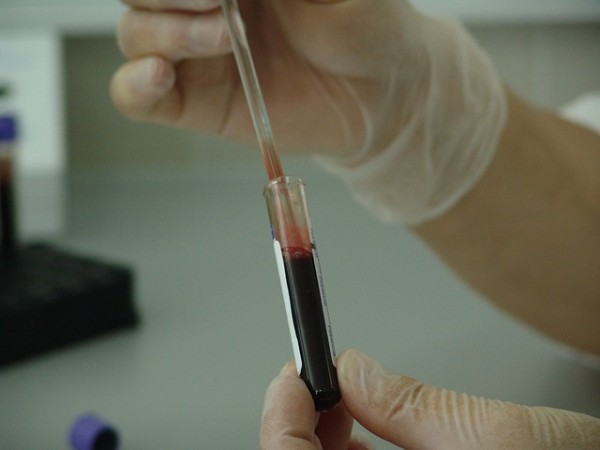
More people need blood, but here's the problem: the supply sometimes get short. Thus, there's a need to increase it, and one of the possible way is to lift the ban that prevents certain gays from participating in a blood donation drive. In the meantime, they are calling for a stringent and more accurate approach to blood screening in order to mitigate risks.
The American Plasma Users Coalition (A-PLUS) has already submitted a formal statement of their stand with the Blood Products Advisory Committee (BPAC) of the Food and Drug Administration (FDA). The committee is expected to tackle the proposed changes this Tuesday, December 2, to a very old and what people call an outdated policy concerning preventing gays from donating blood.But such change should be implemented only if there's an effective monitoring system in place that can continue to keep track risks of donated blood.
Under the current law on blood donation, men who engaged in sex with other men even just once since the late 1970s are prohibited from donating blood. This is in the belief that they may contaminate the blood supply due to their supposed high risk to AIDS and HIV.
Although this type of law has also been adopted by other countries such as Australia, they've already made some changes to it.
Last November 13, certain findings were presented to the Blood and Tissue Safety and Availability Advisory Committee, which included the fact that only 3 out of 100,000 donated blood samples from young males had been contaminated with HIV from 2011 to 2012. This eventually compelled the advisory group to vote in favor of a year's deferral. This means that a male who had sex with another male is given a year to abstain before he's allowed to donate.
However, gay rights groups still think this potential policy change is unfair and discriminatory. Rather, they want a deferral that's truly based on behavioral risks shared with the rest of the population.



